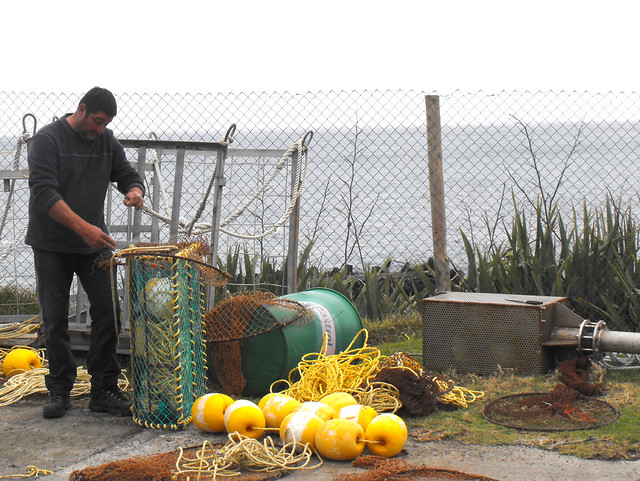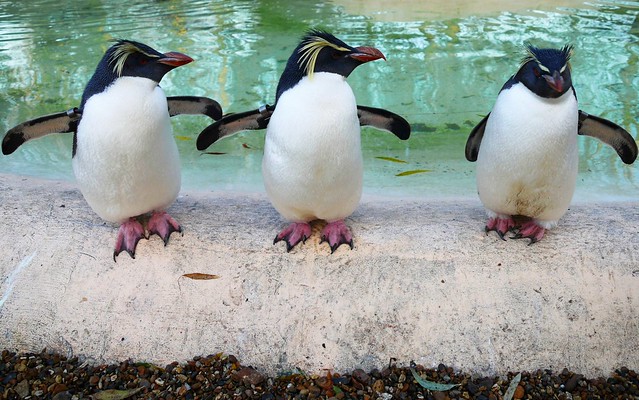The Tristan Islanders, with the cooperation of colonial officials in the U.K., have set aside as a protected zone a vast swath of ocean waters around their islands to provide permanent protection for the unique species of birds and marine life that enrich this area of the South Atlantic Ocean. According to a thorough magazine article published on April 7, it is the fourth largest marine protected area in the world. A lot of credit for the establishment of the natural area should go to the leaders of the Island Council.

The 12-member Council designated its surrounding waters as a Marine Protected Area by banning many harmful—indeed destructive—activities from its Exclusive Economic Zone such as deep-water mining and fishing by bottom trawling. The protected zone comprises 91 percent of the ocean waters over which the Islanders have jurisdiction, roughly 700,000 square kilometers.
According to Jonathan Hall, an official with the Royal Society for the Protection of Birds, the waters around Tristan da Cunha are “particularly rich” in avian life. Since there are relatively few land areas available for them, the birds tend to concentrate on the existing islands. In a mostly landless ocean, the South Atlantic is “a hotspot for breeding and marine life, be it sharks, whales, or seabirds.” The article provides details about the life in the sea that the islanders are protecting, such as the world’s largest colony of rockhopper penguins.

Chief Islander James Glass acknowledges that the protections imposed on the surrounding waters will have an economic impact on the islanders. The ban on bottom trawling “will cause the loss of much needed revenue,” he said. Most of the Tristan economy is based on the export of the Tristan rock lobster, which is considered a delicacy in many countries.
Glass recognizes the importance of protecting the sea and all its life, but he emphasizes that curbs on their fishing will have a serious impact on their relationships with the rest of the world. But he concludes, “We’re proud that we can play a key role in preserving the health of the oceans.”